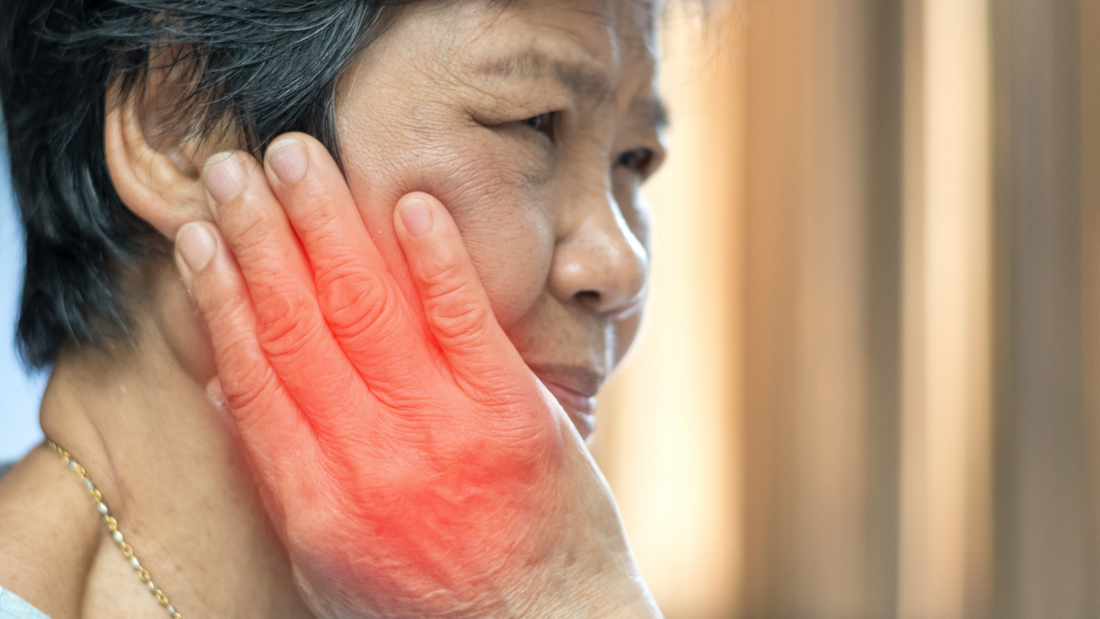Bruxism is the medical term for teeth grinding, which can be a sign of anxiety or stress. It often happens when a person is sleeping, but it can also happen during the day if you're stressed about something that's on your mind. Bruxism can also damage your teeth because it causes them to wear down from being ground together over time. If you grind your teeth, you might wake up with a sore jaw, headaches or neck pain. You may have TMJ (temporomandibular joint disorder) or a problem with muscle tension around your jaw. There are treatments available for bruxism and other sleep disorders like insomnia and apnea:
Bruxism is the medical term for teeth grinding.
Bruxism is the medical term for teeth grinding. It's also called nocturnal parafunctional activity, or sleep bruxism. This condition is characterized by involuntary clenching and grinding of your teeth during sleep, which can cause damage to your teeth and jaw.
Bruxism can have negative effects on your health, including:
- Teeth wear (worn down enamel)
- Jaw pain/discomfort (TMJ)
- Headaches
It can be a sign of anxiety or stress.
Grinding and clenching are common habits among people who suffer from stress or anxiety. They do this because they're nervous about something--and it's not just kids who do this! Many adults get anxious about work, family issues, or even relationships with friends and partners (or lack thereof).
If you notice that when you're stressed out or anxious at night time that you start grinding or clenching your jaw muscles--or if someone else tells you that they hear these noises coming from your room--it may be worth getting checked out by a doctor to see if there are any underlying causes for why this happens so often in the first place
Bruxism is most common when you're asleep, but it can also happen during the day. It's a condition that affects your jaw muscles and is often associated with stress or anxiety.
It often happens when a person is sleeping because they are relaxed and their muscles are relaxed, so they don't notice it happening. This means you may not realize that bruxism has been going on until someone tells you about it or until there is evidence of damage caused by grinding your teeth together while asleep (such as broken fillings or cracked teeth).
It can cause damage to your teeth.
You may think that grinding your teeth is a harmless habit, but it can actually cause significant damage to your teeth and jaw. Bruxism is known as "tooth grinding," but it doesn't just refer to actual grinding of the teeth while they're in your mouth; it also includes clenching or other types of repetitive jaw movement (such as clicking).
Bruxism can lead to chipping, cracking, sensitivity and tenderness of the enamel on your teeth. It can also cause headaches because of pressure on nerves in the face caused by muscle contractions during sleep--and if you have bruxism while awake (which many people do), you'll feel pain from sore jaws throughout the day as well!
TMJ (temporomandibular joint disorder)
You may have TMJ (temporomandibular joint disorder) or a problem with muscle tension around your jaw. TMJ is the most common cause of bruxism, and can cause pain in your jaw, neck and shoulders. It can also cause headaches and earaches; if you have these symptoms it's important to see your dentist as soon as possible so they can help diagnose what's going on!
If you do have a dental issue that's causing this type of grinding, there are treatments available such as physical therapy and medication for mouth guards that will help reduce how often you grind at night while sleeping. Your dentist might also recommend surgery if all else fails.

Bruxism Treatments
Bruxism is more common than many people realize, but there are treatments that can help reduce it.
If you grind your teeth at night, it's important to talk to your dentist about the possibility of sleep apnea and other sleep disorders as a cause of your bruxism. If this is the case, treatment may include wearing a mouthguard while sleeping or taking medication to treat the underlying condition. Stress management techniques such as relaxation exercises and meditation can also help reduce stress levels that contribute to tooth grinding. In some cases, dental appliance therapy might be necessary if other methods aren't effective enough on their own (for example: wearing custom-made splints overnight).
Conclusion
We know that bruxism can be a tough problem to deal with, but there are treatments available. If you're concerned about your teeth grinding, talk to your doctor about getting tested for TMJ disorder or other conditions that might be causing it. They may suggest wearing a mouthguard at night or taking medication in order to reduce stress levels and lower the chance of having bad dreams or nightmares when they occur during sleep time periods when they occur during sleep time periods.

